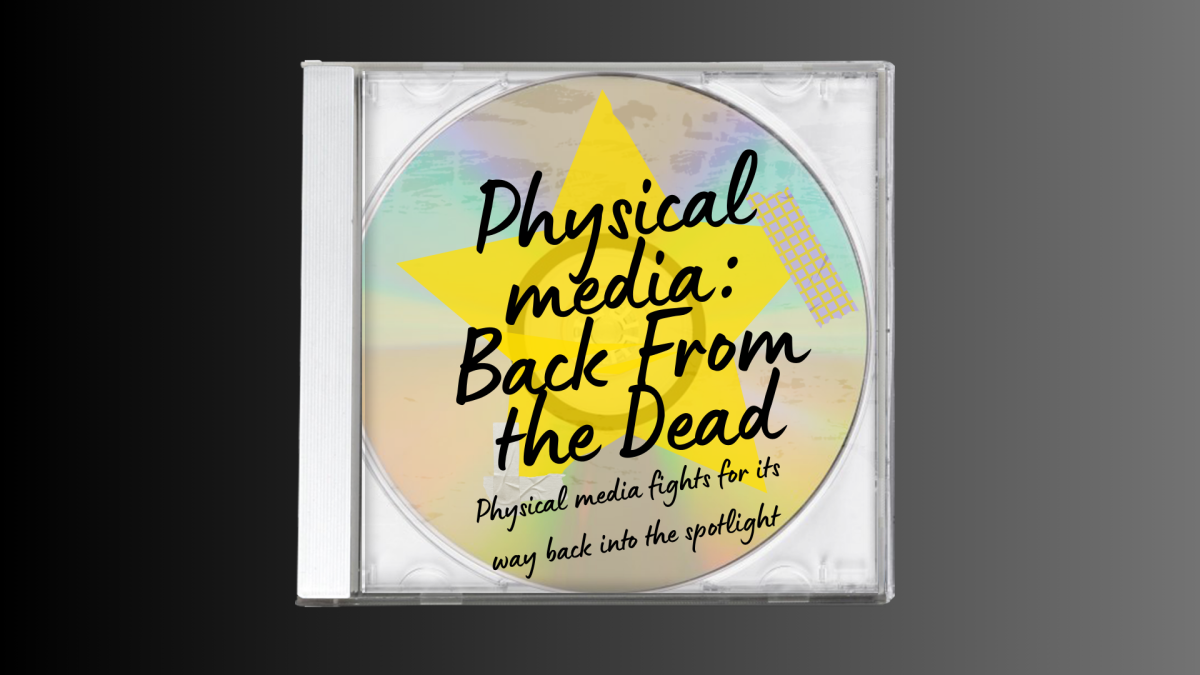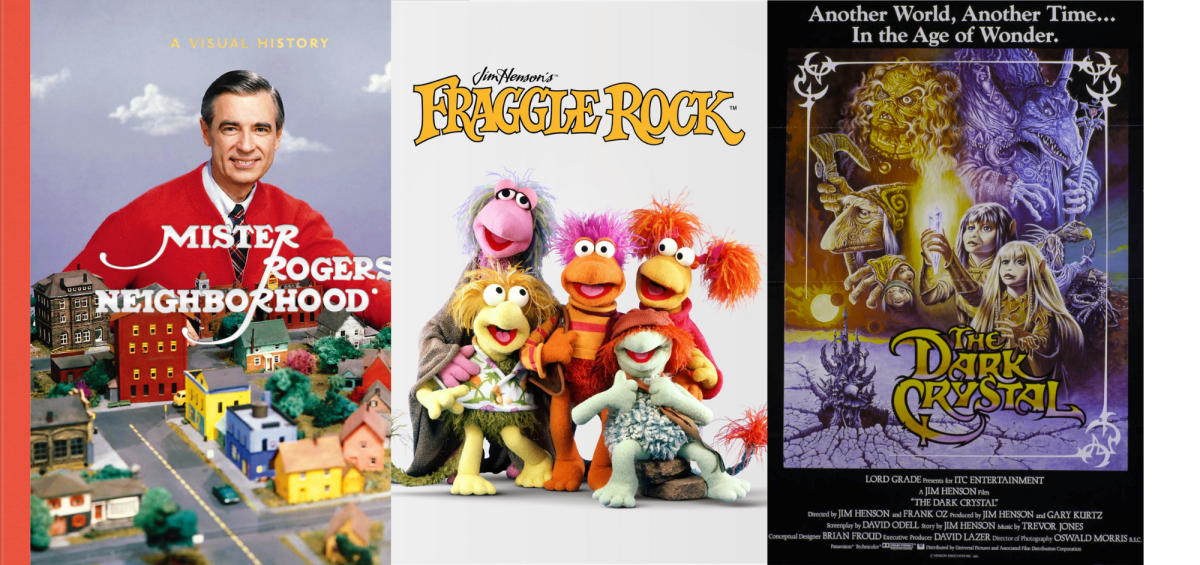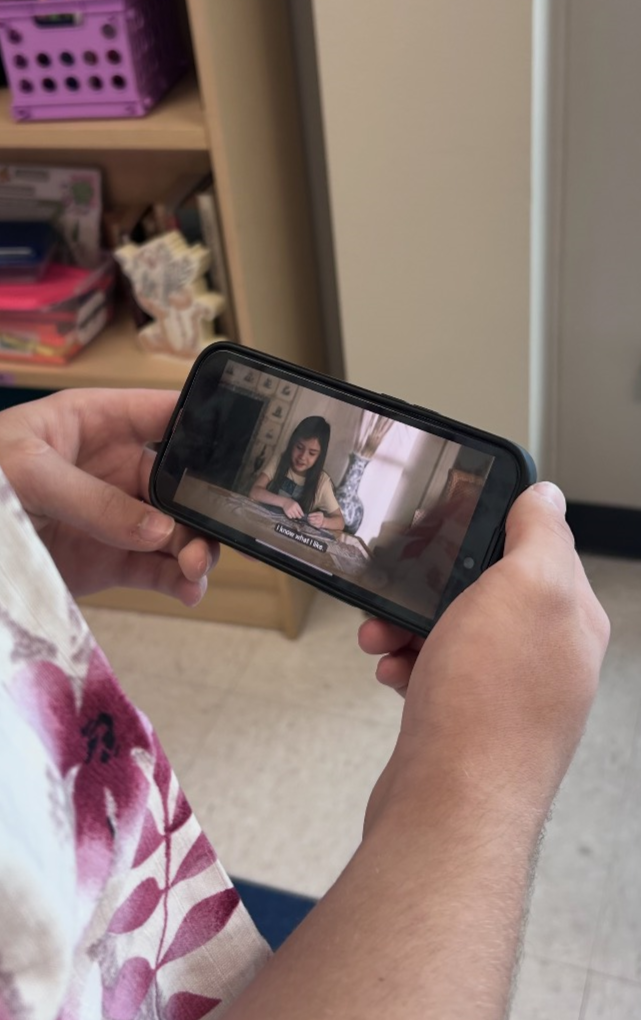In an unprecedented turn of events, this piece will not only be the second review of a Broadway musical revival soundtrack, but the second review of Stephen Sondheim Broadway musical revival.
One of the less successful works of composer Sondheim and writer George Furth’s, Merrily We Roll Along originally opened on Broadway in 1981 and closed after sixteen performances, having been a commercial and critical flop.
In the following years, Merrily We Roll Along was revived numerous times in California, New York, and West End, but wasn’t brought back to Broadway until this year.
Despite its rocky history, its 2023 success doesn’t surprise me. The cast is star-studded, featuring: Daniel Radcliffe (of Harry Potter fame), as well as musical veterans Jonathan Groff (of Spring Awakening, Hamilton, and Glee), and Lindsey Mendez (of Dogfight, Wicked, Godspell, and Carousel), who undeniably boosted ticket sales. There’s also a component of nostalgia. In the wake of Sondheim’s passing, audiences have been more interested and willing to examine his full body of work — even the initially overlooked contributions.

Told in reverse chronological order, starting in 1976 and eventually traveling back 1957, Merrily We Roll Along is the story of three friends: composer Frank Shepard (Groff), writer Charley Kringas (Radcliffe), and theater critic Mary Flynn (Mendez) whose attempts at financial and artistic success eventually drive them apart. However, because of the story’s inverted structure, the audience witnesses (or listens to) this transition starting from the moment the group breaks up and retracing to their initial meeting.
In terms of music themes, this structure is incredibly powerful because it recontextualizes the way the audience views certain songs.
As per standard musical theater, the show’s motifs are introduced at the beginning and repeated at the end. However, unlike standard shows, this means the introduction of musical ideas occurs in the present, and their repetition occurs in the past.
Thus, instead of the audience witnessing a once happy song turn dour, they watch as the sad songs happier origins are revealed, lightening the mood and redefining the meaning.
This can be seen in songs like “Old Friends,” and “Not a Day Goes By.” For the former, it’s initially introduced as an ode to lost friendship, and its reprise serves as a testament to the ability of friends to compromise. For the latter, it is first used as a ballad of leaving love behind, but eventually transforms into a testament to unrequited love.
The show’s complicated inter-character relationships are the primary appeal of the story. It’s these that not only provide the largest source of conflict, but also the greatest amount of catharsis. Through the character’s imperfections, the audience is able to analyze the beauty of human complications and interactions.
This comes across on the album as well. The group numbers are the most engaging to listen to and are backed by the lushest orchestrations. It’s in these moments that the complicated web of human feelings present in the plot is best heard in the music itself — the clashing instruments, the distinct individual parts.
Of course, the three leads all anchor the group and give the story shape. As their respective characters, they are convincing, engaging, and talented, particularly Mendez, who captures the frantic energy of a reconciler in the middle of conflict.
Some of the individual numbers lack the same compelling quality as a result of the ensemble numbers’ power. “Not a Day Goes By,” though sung beautifully by Katie Rose Clarke as Beth, feels as though it is being rushed, as does the reprise.
However, by and large, this album is a strong presentation of the score and its story, exploring long term relationships, personal change, and the difficulty of growing up. Merrily We Roll Along is a love letter to building (and burning) bridges in order to forge a path forward.
8/10 would roll back in time again
Further breakdown:
Writing Quality: 9/10 Enjoyability: 8/10
Pace: 9/10 Visual elements: N/A
Plot development: 8/10 Insightfulness: 8/10
Characters: 9/10
A song to highlight each performer:
Jonathan Groff as Frank Shepard: “Growing Up”
Daniel Radcliffe as Charley Kringas: “Franklin Shepard Inc.”
Lindsey Mendez as Mary Flynn: “Old Friends — Like it Was”
Katie Rose Clarke as Beth: “Not a Day Goes By”
Krystal Joy Brown as Gussie: “Gussie’s Opening Number”







